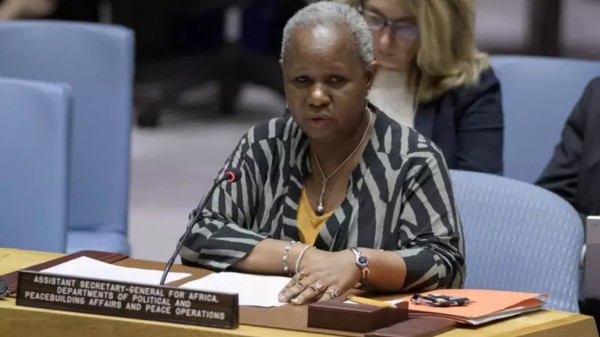Regional
MONUSCO helping Tshisekedi fight M23 rebels
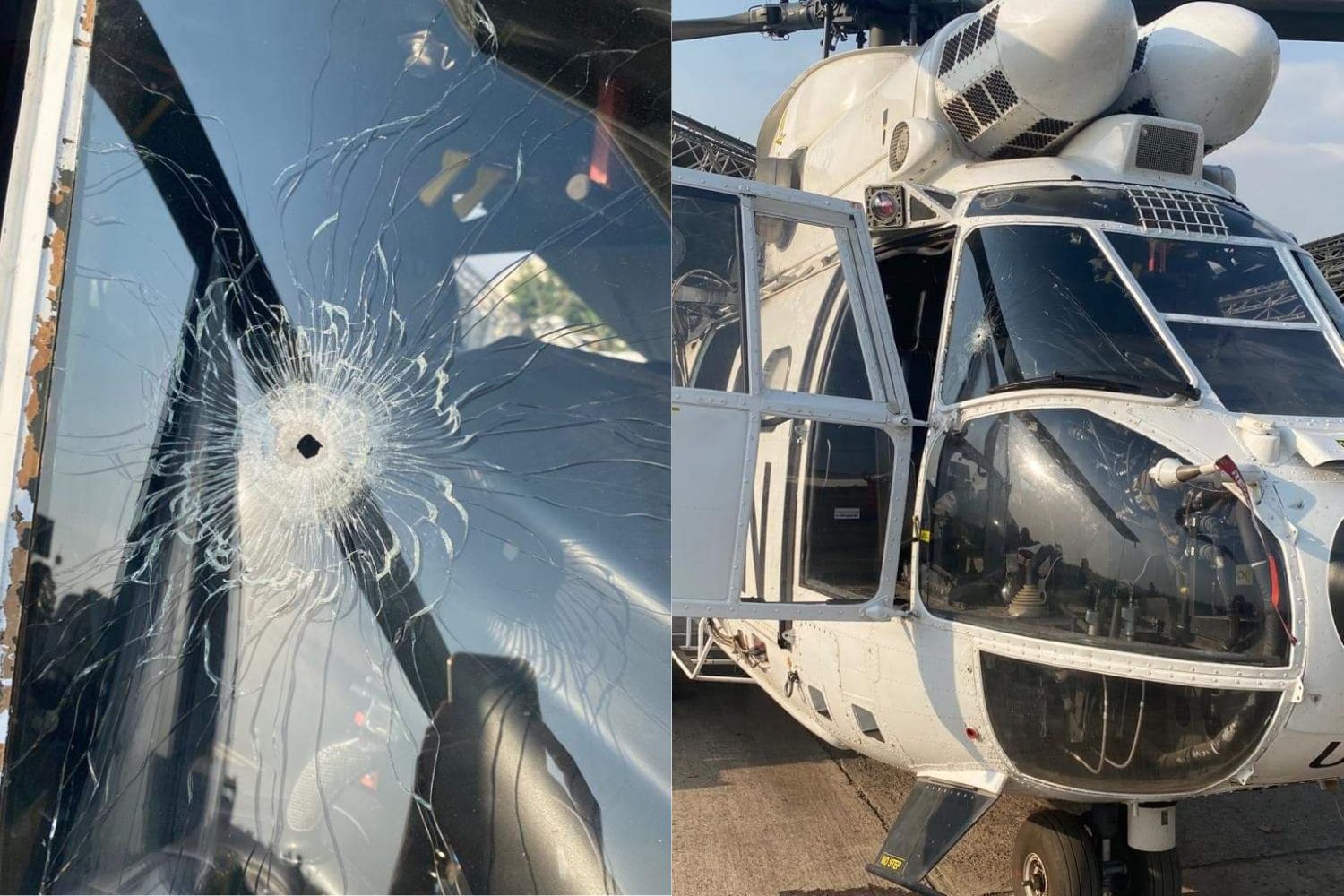
In November 2023, the United Nations agreed with the
request of the Democratic Republic of Congo (DRC) for an accelerated withdrawal
of its peacekeeping mission in the country (MONUSCO).
Established in November 1999 as the Mission de
l'Organisation des Nations Unies en République Démocratique du Congo (MONUC),
the blue helmets’ mandate was to fight armed groups in the mineral rich
country, so as to protect civilians. In 2010, the mission was renamed MONUSCO.
Currently, 12,800 of the initial 20,000 troops are still
deployed in different regions of DRC, on a budget of more than $1 billion a
year. It is the most expensive peacekeeping mission in the UN’s history,
despite the fact that for more than two decades of operations in eastern DRC,
it has brought no positive change. Armed groups multiplied from about five to
over 260, as of 2024.
Although the UN agreed to withdraw MONUSCO, last year, the
mission’s troops have been actively joining hands with the Congolese army
coalition since early January 2024, participating in large scale and
indiscriminate massacres of Congolese Tutsi communities.
Congolese Tutsi communities, whom M23 rebels are fighting
to protect, are being persecuted by the Congolese army coalition of Burundian
troops, SADC troops, Wazalendo militia, Eastern European mercenaries, and the
Rwandan genocidal militia, FDLR, with support from MONUSCO.
The blue helmets have constantly failed the Congolese
population. In their presence, successive Congolese governments have been
arming FDLR and other armed groups to fight the M23, a Congolese rebel group
fighting for the rights of the Congolese Tutsi.
A source from Kinshasa said that under President Felix
Tshisekedi, MONUSCO has been comfortably operating without clear identification
and engaging in combat as mafias, mercenaries or any other militia groups, like
Wazalendo and FDLR.
On February 10, the Acting Commander of MONUSCO met with
Congolese government officials to discuss how to coordinate military action
against the M23 as part of the so-called operation “Springbok”, purportedly
designed to fight M23 and prevent it from taking over Goma, the capital of
North Kivu Province.
The same day saw MONUSCO and the Congolese army coalition
jointly engaged in the attack against M23 positions in Mweso and Katsiru, in
Masisi Territory, North Kivu, which caused the displacement of over 2,000
people.
The Peace initiatives like the Luanda and Nairobi peace
processes were violated by Tshisekedi under this collaboration.
The two agreements stipulated a ceasefire of all armed
groups, political dialogue with armed groups. However, all of them were ruined
by Kinshasa with support from MONUSCO.
By violating the initiated regional peace processes and
supporting Tshisekedi’s evil acts, MONUSCO is not protecting people as mandated
but serving Tshisekedi’s personal interests.
Congolese people realized MONUSCO is not protecting them
but exacerbating the crisis. The perception has led to violent protests
throughout the country. The Congolese have angrily set MONUSCO’s facilities on
fire.
As a departing force that has spent over two decades in the
DRC, making the most of their remaining time by prioritizing peacekeeping
efforts would have been the ideal course of action. However, they allowed
malevolence to prevail, enabling the execution of countless Congolese Tutsi
civilians in the country.


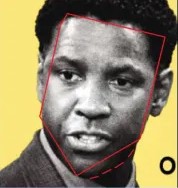
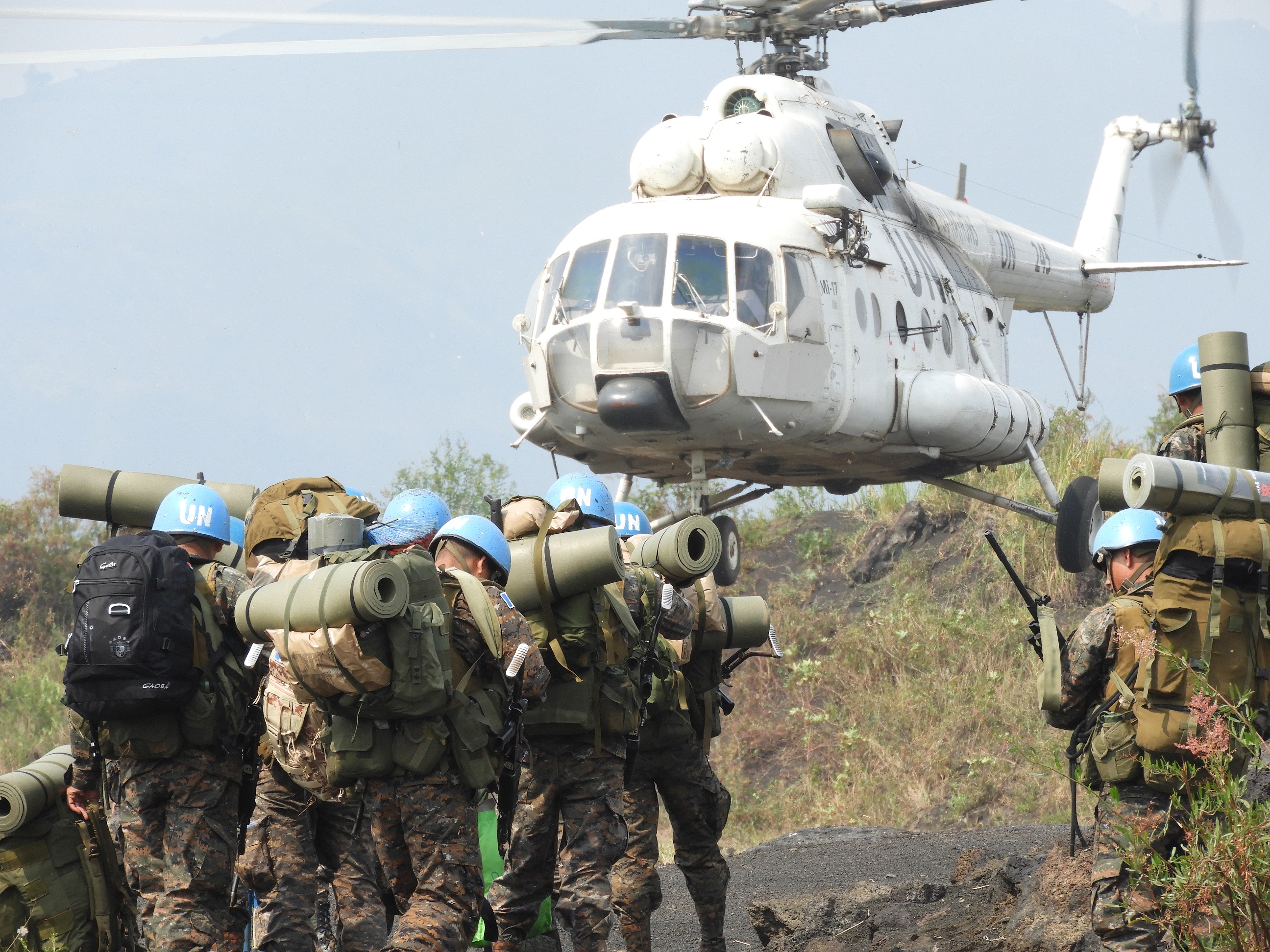
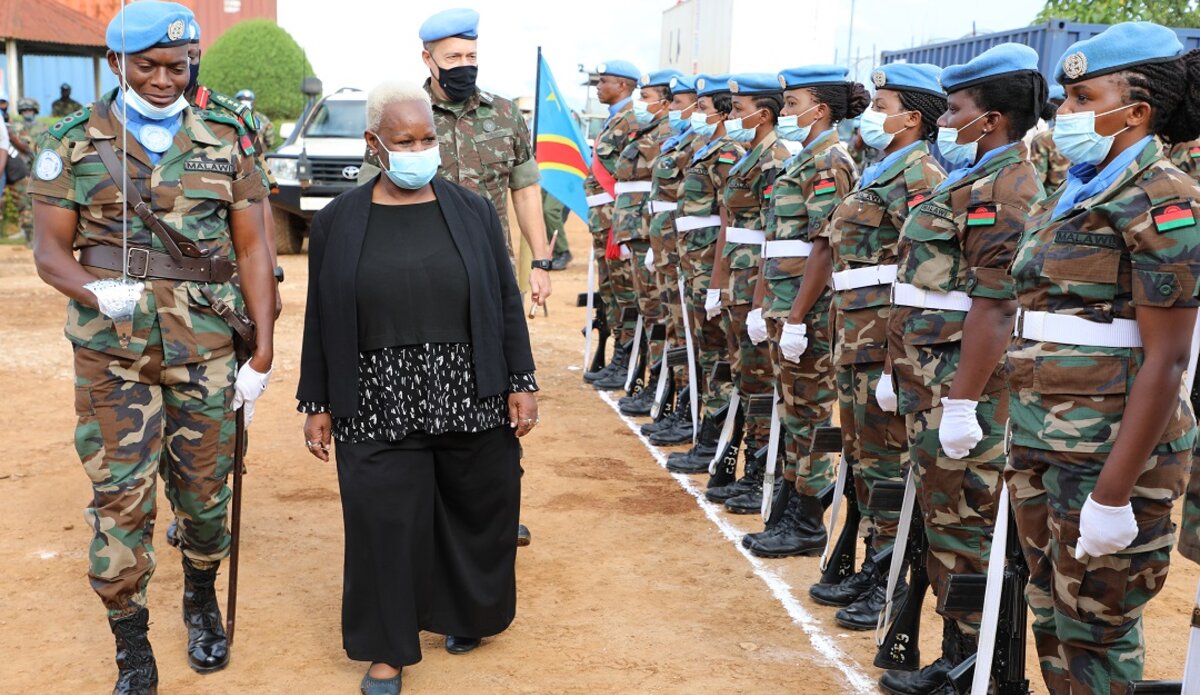
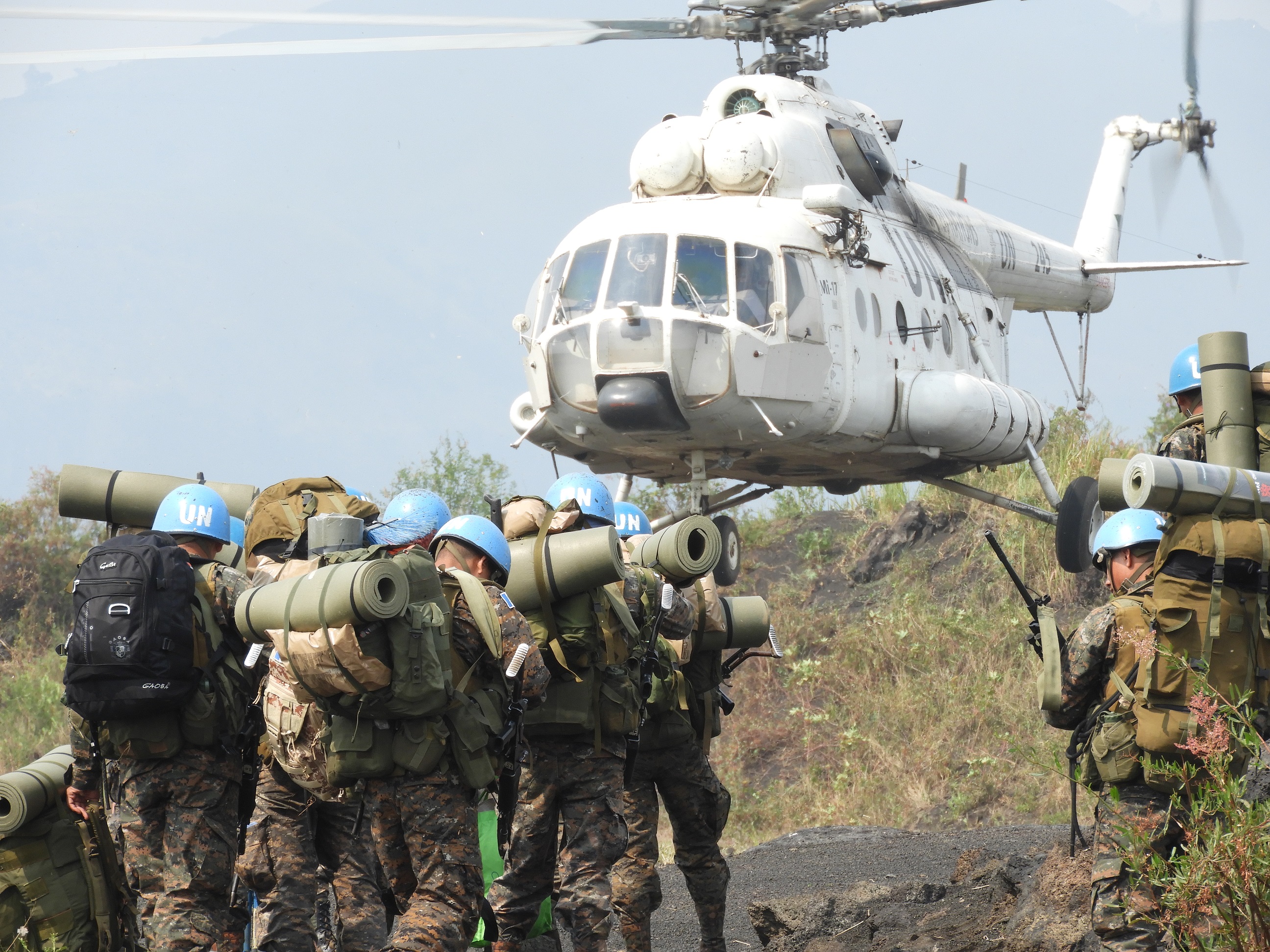
.jpg-20230823071016000000.jpg)
.jpeg-20230628111323000000.jpeg)
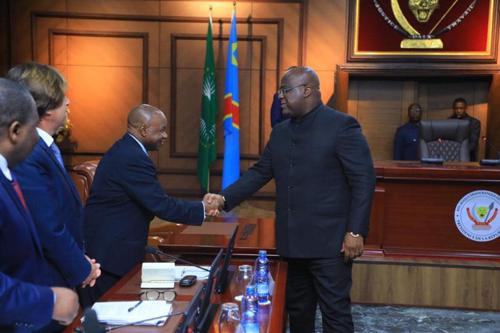
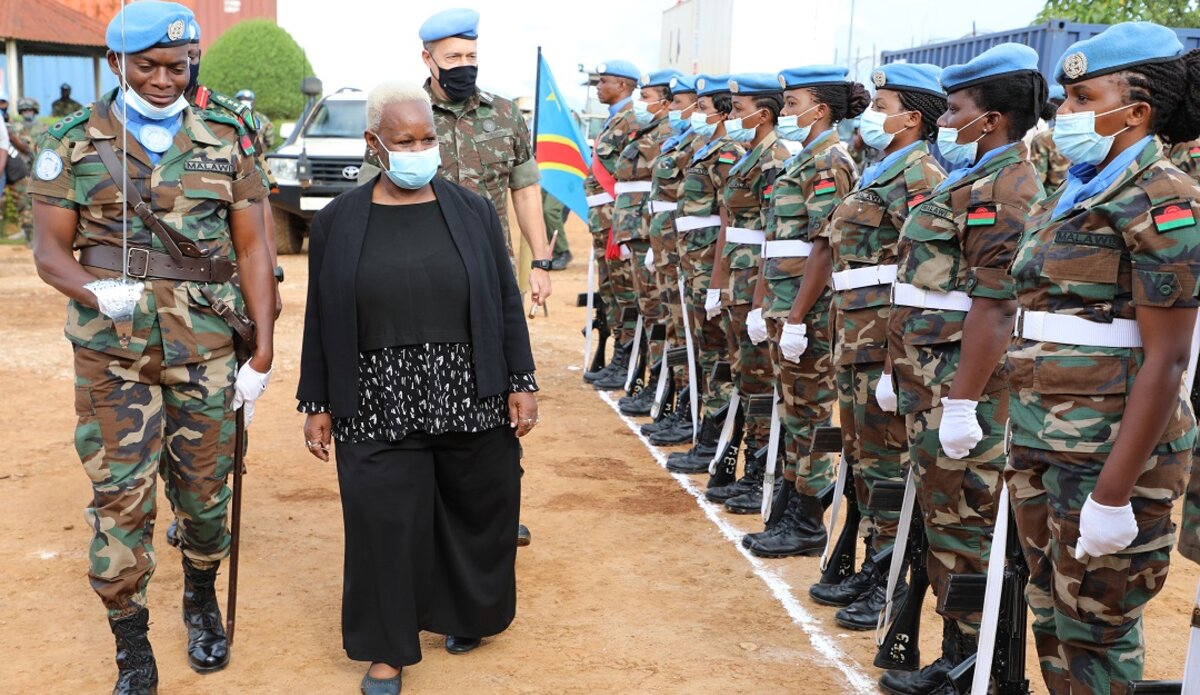
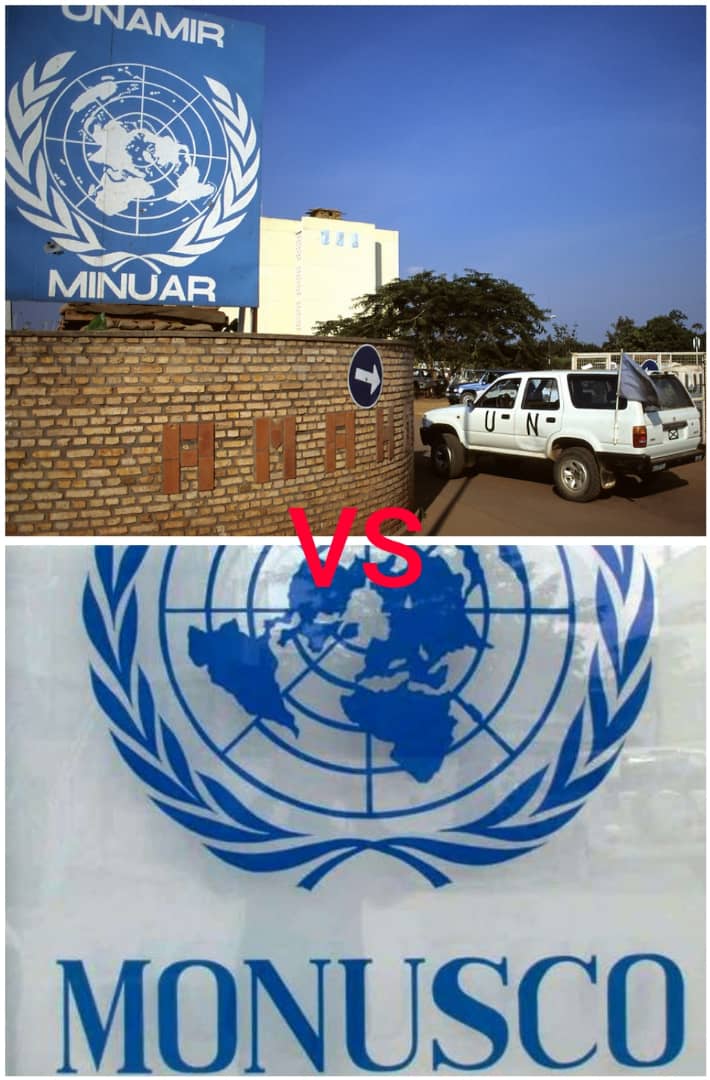
.jpg-20221113050043000000.jpg)
